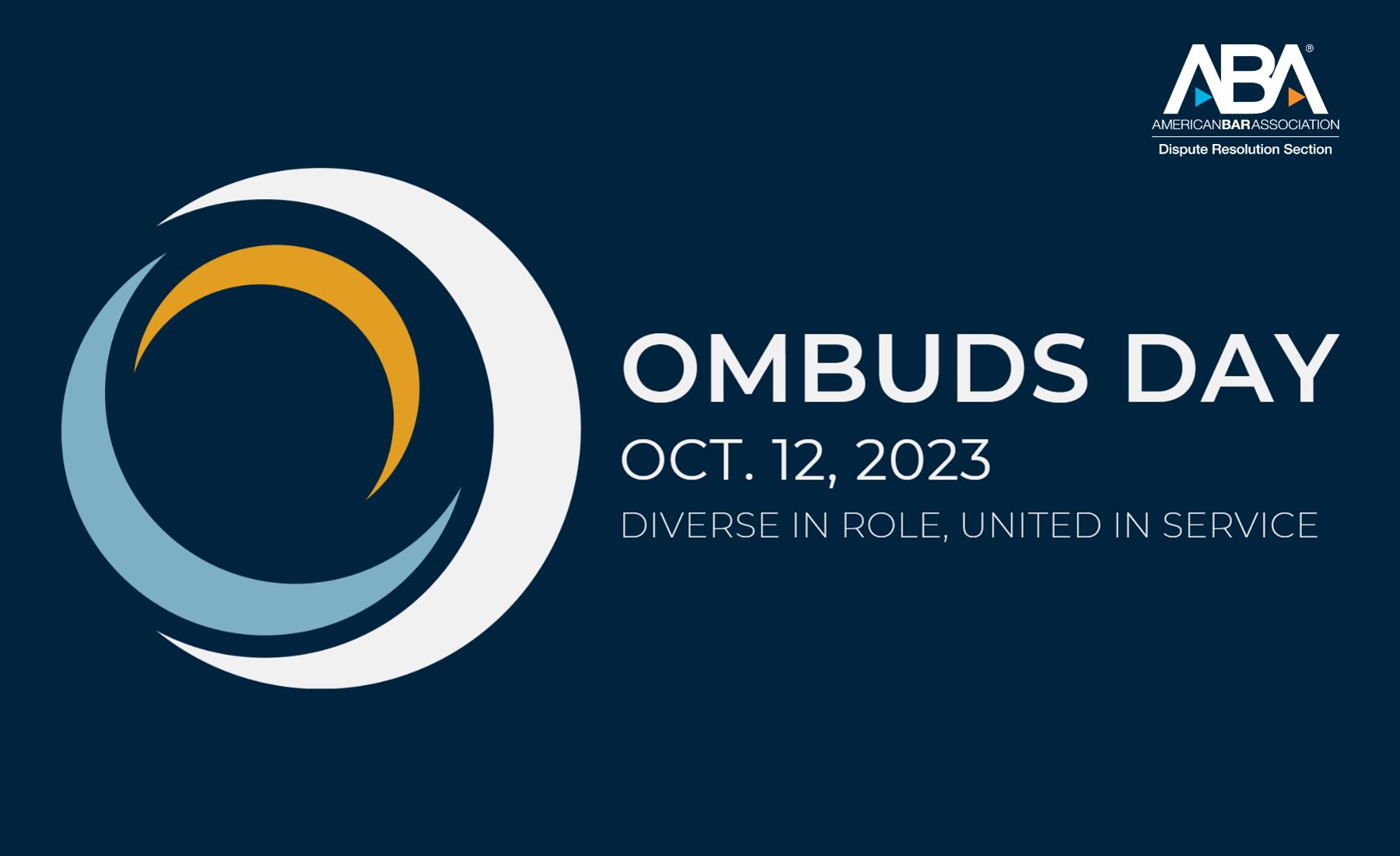 By Scott B. Cantor, Ph.D.
By Scott B. Cantor, Ph.D.
Ombuds and Professor, The University of Texas MD Anderson Cancer
There seems to be a specialized vocabulary for IOA members, with many acronyms and abbreviations. With the goal of getting all ombuds to “speak the same language”, I have created a list of IOA terms and their definitions.
CFP (Call for Proposals) = One of the terms used to solicit proposals for presentation at the IOA Annual Conference. See also RFP.
CO-OP (Certified Organizational Ombuds Practitioners®) = An earned credential for ombuds coordinated and monitored by the IOA.
CO-OP Credential = Same as Certification for Certified Organizational Ombuds Practitioner.
ComCom = Communications Committee for the IOA.
Experience: On Display = Activity at IOA Annual Conference where ombuds present their creative hobbies, e.g., artwork, jewelry, music, etc.
Foundations = Refers to the Foundations of Organizational Ombuds course. This is an introductory course offered by the IOA to prepare aspiring ombuds for success as an ombuds.
Howard Gadlin Undebate = An invited panel presentation at the IOA Annual Conference that focuses on a controversy in ombuds practice. Named after Howard Gadlin, who served as an ombuds at National Institutes of Health (NIH).
IOA (International Ombuds Association) = The name of our professional society and host of this blog.
#IOA2025 = A social media tag to reference the IOA Annual Conference in 2025.
JIOA (Journal of the International Ombudsman Association) = Online journal of IOA that publishes articles about the theory and application of ombuds practice.
Mary Rowe Keynote = An invited honorary talk given at the IOA Annual Conference. The talk is named after Mary Rowe, who served as an ombuds at Massachusetts Institute of Technology (MIT).
PDC (Professional Development Committee) = Committee responsible for developing and providing coursework that supports the mission of IOA and the training and development needs of IOA members.
RFP (Request for Proposals) = One of the terms used to solicit proposals for presentation at the IOA Annual Conference.
SBI = SBI Association Management is the administrative management firm for IOA. They are responsible for such functions as maintaining the membership database, meeting management, etc.
SOP (Standards of Practice) = The core principles that ombuds follow: Independence, Impartiality, Informality, and Confidentiality. The Code of Ethics is a summarized version of the Standards of Practice. The Standards of Practice provides more details.
As noted above, this is a sample of terms and acronyms that may be seen and not immediately recognized as a member of IOA. Please share others that come to mind in the comments below.

 By Scott B. Cantor, Ph.D.
By Scott B. Cantor, Ph.D. By Martina Peskoller-Fuchs
By Martina Peskoller-Fuchs By Lana Smith-Hale, LCSW,
By Lana Smith-Hale, LCSW,
 By Shannon Burton,
By Shannon Burton, As I write, it is now the year of the 60th anniversary of the Free Speech Movement (FSM) at U.C. Berkeley, in which I was an active participant (I am at the far right in the photo.) It is also a time when free speech issues are again triggering campus conflicts, largely because of intense polarization over fighting in Gaza, and the mutually antagonistic activities of student supporters of Israel or Palestine.
As I write, it is now the year of the 60th anniversary of the Free Speech Movement (FSM) at U.C. Berkeley, in which I was an active participant (I am at the far right in the photo.) It is also a time when free speech issues are again triggering campus conflicts, largely because of intense polarization over fighting in Gaza, and the mutually antagonistic activities of student supporters of Israel or Palestine. By Kenneth Cloke,
By Kenneth Cloke,
 By Belinda M. Robinson, PhD
By Belinda M. Robinson, PhD
 By Shannon Lynn Burton, Ph.D.,
By Shannon Lynn Burton, Ph.D.,
